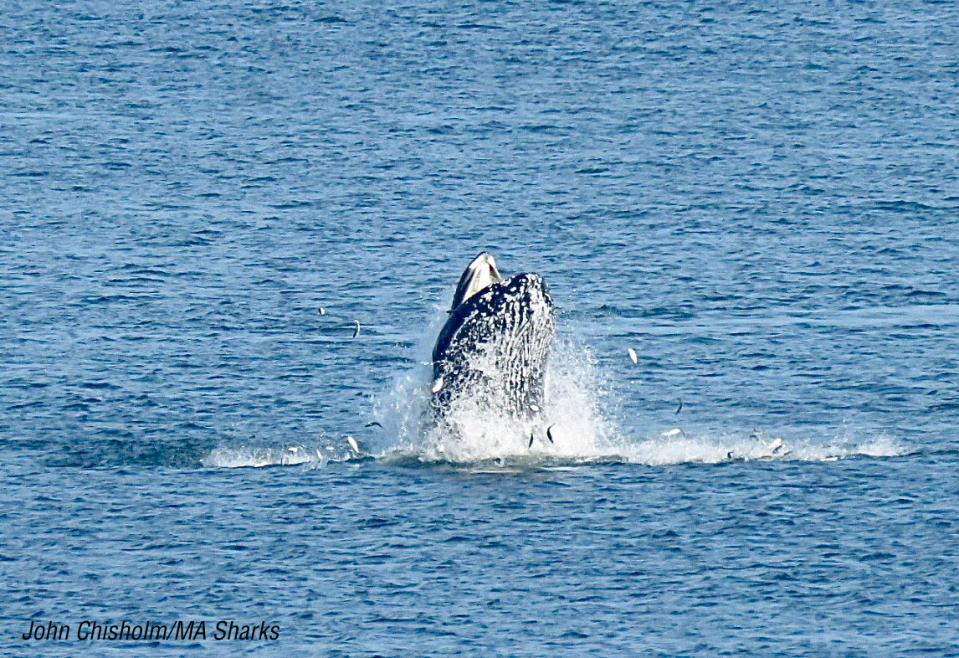How lack of 'good harpooners' doomed a quest for whale oil off Cape Henlopen
After establishing settlements at Jamestown, Virginia, in 1607 and Plymouth, Massachusetts, in 1620, England was poised to take control of the North American coast north of Florida. The Netherlands shared with England a desire to plant colonies in all parts of the world.
In 1624, the Dutch countered the growing English influence in North America by establishing a colony on Manhattan Island; and within a few years, several other settlements were founded on the Hudson River. In the English colonies, the settlers raised grain and grew tobacco, but the Dutchman, Pietersz David de Vries, was looking for something bigger. He was searching for oil.
Born in 1593, de Vries was just one of many Dutch entrepreneurs who helped set up colonies in Asia, Africa and America. Buoyed by their success along the Hudson River, several Dutch businessmen joined with De Vries to establish a colony near Cape Henlopen.

He noted in his autobiography, “We at the same time equipped a ship with a yacht for the purpose of prosecuting (attempting) the voyage, as well to carry on the whale fishery in that region.”
The promoters of the new colony were confident that coastal Delaware presented them with an excellent opportunity to hunt whales. In a world lit only by fire, whale oil for lamps was especially valuable; and in the 17th century, whales were often spotted near the mouth of Delaware Bay.
In 1631, de Vries and his partners outfitted the ship, appropriately named Walvis (Whale in English) to carry Dutch settlers to Delaware.
While de Vries remained in Holland, the Walvis set sail from Holland. After reaching Cape Henlopen, the Dutch colonists erected a wooden stockade on a low bluff opposite the mouth of Lewes Creek. The colonists named their new settlement, “Swanendael,” Valley of the Swans.
Many years later, it became fashionable to call the Dutch settlement near Cape Henlopen, “Zwaanendael,” but that name does not appear in colonial documents.
After the Walvis returned to Holland, de Vries received disturbing news that something catastrophic had happened at the new Dutch colony along Lewes Creek. When de Vries sailed to Delaware in 1632, he noted in his autobiography that when he arrived at Cape Henloepn, he “saw immediately a whale near the ship. Thought this would be royal work — the whales so numerous.”
A short time later, de Vries’ joy at seeing the whale was dashed when he discovered that Swanendael had been destroyed by the Native Americans. The downcast de Vries, however, did not immediately give up on the idea of a Dutch settlement near Cape Henlopen.
After burying the bones of the colonists, he explored the bay, and a short time later he returned to Cape Henlopen, where he reported, “Found that our people had caught seven whales.”
Hunting whales was no easy task. When whales were spotted, the whalers raced to their small boats which they launched through the surf.

Once the small boat was close enough, the harpooneer would lift his long spear and take careful aim; and if the harpoon was delivered with skill, the metal shaft would pierce a vital organ, and the whale would die quickly. The dead whale was then towed to shore, where the blubber was sliced from the carcass and rendered into oil.
Hunting whales from Cape Henlopen was dangerous work that required men with strong backs and steady nerves, but they also needed to be experienced, and de Vries lamented, “We could have done more if we had good harpooners, for they struck seventeen fish, (but) only secured seven.”
The destruction of the Swanendael colony and the lack of “good harpooners” caused de Vries to abandon the Dutch colony at Cape Henlopen, and he sailed back to Europe.
Principal sources
David Pietersz de Vries, Voyages from Holland to America, 1632-1644, translated by Henry C. Murphy, New York, 1853, pp. 18-19, 22-24, 31-3, 55.
John A. Munroe, Colonial Delaware, Delaware Heritage Press, Wilmington, 2003, pp. 6-10.
This article originally appeared on Salisbury Daily Times: How lack of 'good harpooners' doomed a quest for whale oil

